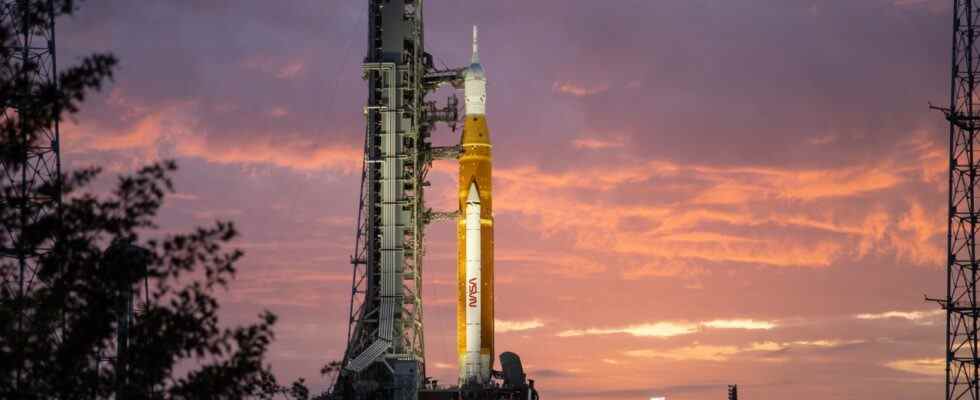NASA, which had problems with the Artemis I mission in the past weeks, made a statement about the new Space Launch System (SLS). A new launch date has been given for the SLS rocket to be used in Artemis missions.
NASA canceled the August 29 launch attempt just 40 minutes into the countdown time after engineers detected a problem with one of the rocket’s core stage engines. Announcing that there will be a retry on September 23 in the past days, NASA had changed the date.
NASA announces new launch date for SLS rocket
The 97-foot-tall rocket and Orion spacecraft are held on the launch pad at Kennedy Space Center in Florida. It has been announced that the new launch test will take place on 14 November.
NASA said in a statement, “From the previous week’s investigations and analysis, we determined that the rocket and spacecraft were experiencing problems due to Hurricane Ian. Crews will perform standard maintenance to repair minor damage to the foam and cork in the thermal protection system. We will recharge or replace the batteries in the rocket flight termination system.” said.
The current plan is to return the SLS rocket from the vehicle assembly building to the launch pad by Friday, Nov. The highly anticipated Artemis I test flight will see the most powerful rocket NASA has ever built. However, the test flight will be of great importance for the uncrewed Orion spacecraft to fly from the lunar surface.
If Artemis I is successful, astronauts will also take part in the Artemis II mission. Taking place as early as 2025, Artemis III will be the first astronaut landing since the last Apollo mission in 1972.
It is estimated that NASA wants to build a Moon base for use in long-term crewed missions. However, it is worth remembering that the Artemis I mission plays an important role for the first astronaut flight to Mars in the late 2030s.

